During the Democratic National Convention, the members of “Mothers Of The Movement”—a Black Lives Matter-adjacent organization made up of the mothers of Sandra Bland, Mike Brown, Eric Garner, Trayvon Martin, Oscar Grant, and other black Americans killed by police or gun violence in recent years—spoke to the crowd about the deaths of their sons and daughters.
Dinner tables around the country play host to arguments about who’s to blame for those deaths, where the problem actually lies, and how to solve it. One place people don’t tend to turn for insight on complicated racial issues involving grieving mothers, though, is their local weatherman. But that didn’t stop Bob Goosmann, former chief meteorologist at Dallas radio station KRLD 1080, from weighing in on Facebook. Goosmann wrote on July 27: “As many of you have probably noticed, I’ve stayed away from politics on FB. The DNC parading the mothers of slain thugs around on their stage has me furious.”
The response was swift. By the next day, Goosmann had resigned. Speaking to the San Antonio Express-News, he explained that though he did tender his resignation, he refused to accept the possibility that there was a racial element to his calling a number of slain black Americans “thugs.” “There was nothing racial about the post,” he told the paper. “It was frustration that I believe the DNC will do anything, like using these mothers, to garner votes. Some have said the word ‘thug’ is a racial term. It means a violent person, as in a criminal. It does not mention color. Anyone can become a thug. If some want to make this state out to be something else, I cannot control that.”
Goosmann is technically correct that the word “thug” doesn’t refer specifically to a person’s color. But treating the word as racially neutral largely ignores the context that comes with the word’s recent history.
The word “thug” comes to us from Hindi. In the original language, it refers to a band of swindlers, called thuggees, who robbed and killed travelers, and was introduced into the English language during the British colonization of India. A New York Times article from 1852 traced parallels between the thugs of India and their counterparts, the “rowdies” of New York, asking, “Between Thuggism in Hindostan, and Thuggism in America, what are the varying features?” before declaring that the only difference is that thugs in India tend to strangle their victims while American thugs shoot, bludgeon, or stab theirs. There’s a lot of myth-making about Indian thugs engaging in their acts for religious purposes, and there were shared beliefs among them—including that musicians, dancers, and elephant drivers shouldn’t be attacked. Still, historians dispute the sensational, Victorian-era characterization that thuggees worshiped of the goddess Kali.
Nonetheless, the word had utility in English, and in English it stayed. Its meaning shifted a bit—rather than the outside-the-law “rowdies” the Times bemoaned in the mid-1850s, the word was used to describe men who practiced violence and intimidation. You’d see it frequently in stories about violence in connection with organized labor, whether it was to characterize unionists who left replacement workers beaten in alleys, or to describe strikebreakers who used violence to bring workers to heel. Labor organizer Mary Harris “Mother” Jones used it as an adjective to decry “thug-statesmanship” and “thug-economics.”
The word continued to have a neutral connotation for some time. As Gawker noted in 2014, a study by sociologist Orinn E. Klapp on “American villain-types” in the fifties looked at how people responded to the various kinds of villains he presented—outlaws, bullies, authoritarians, and more. The top villain cited, according to Klapp, was the “desperado or outlaw,” and in the groups that he would survey he found that, “Violent behavior places him beyond the pale in popular conception. The group tends to unite against him.” The words they used to describe this kind of character included “hoodlum,” “bad man,” and, of course, “thug.”
But the word didn’t stay race neutral. In exploring the racial connotations of “thug,” NPR spoke to Columbia professor of English and comparative literature John McWhorter about the word last year.
“It seems to have made a major change with the rise in popularity and cultural influence of rap music and the iconography connected with that,” McWhorter explained. “I would say that the word thug in the black community had a very different meaning by 1990 than it had had in 1980.” He went on to talk about its meaning in African-American communities—how, to his ear, when a black person uses “thug,” they’re describing someone who’s got a roguish charm. But from a white person, “thug” is coded language that definitely doesn’t refer to someone with blond hair, McWhorter says.
Tupac had “Thug Life” tattooed across his stomach. There are plenty of rappers with “thug” in their name—from Young Thug to Slim Thug to Bone-Thugs-N-Harmony—and artists from YG to Trick Daddy to Mac Dre have songs called “I’m A Thug.” Over the years, “thug” has been lobbed at a lot of black Americans, and sometime in the past three decades or so, a bunch of them decided to make it their own
All of which makes it a word with racial connotations that are impossible to ignore. Language evolves to communicate complex ideas. The black Americans who helped shape pop culture over the past couple decades decided they’d rather own the word than be condemned by it, and thug life became a badge of a certain kind of pride—pride that is absent when it’s being hurled by white folks describing young people killed in the streets. That context isn’t something that white people can decide doesn’t exist, no matter how badly they may wish to avoid criticism.


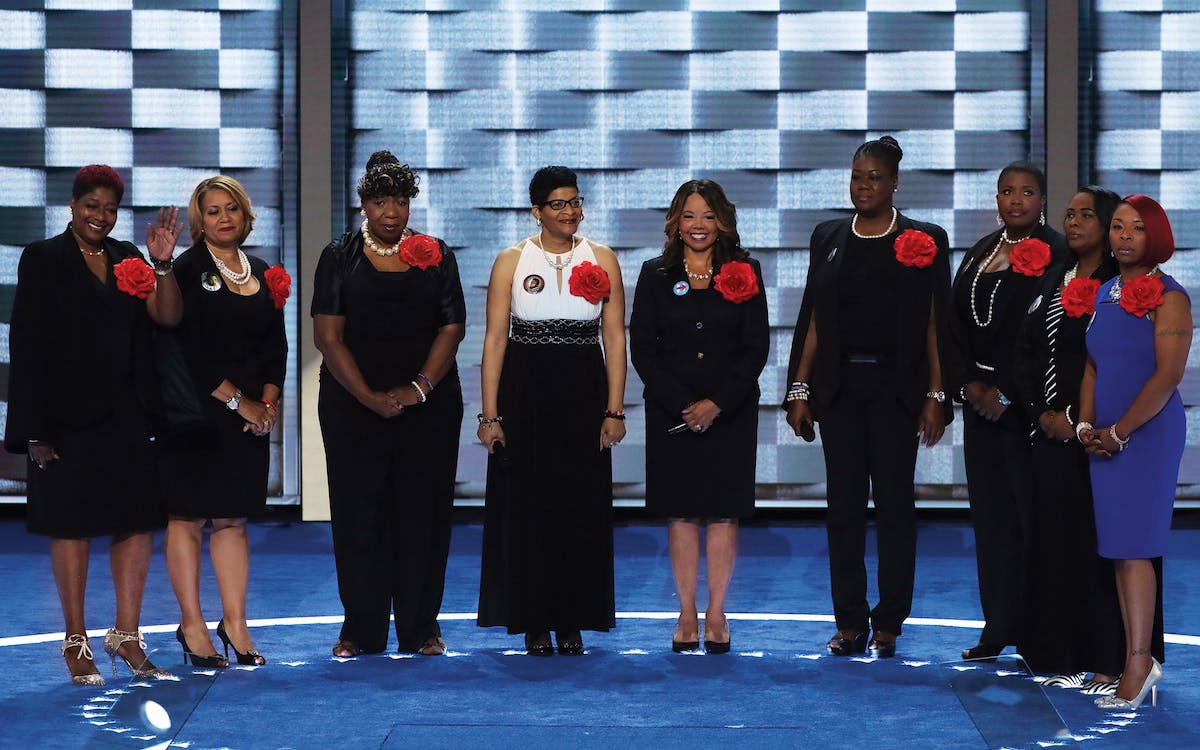











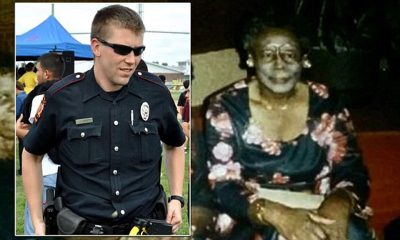

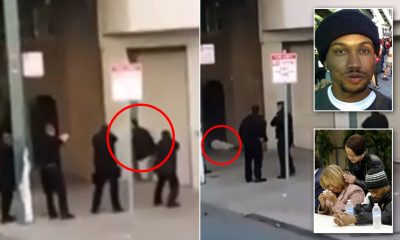
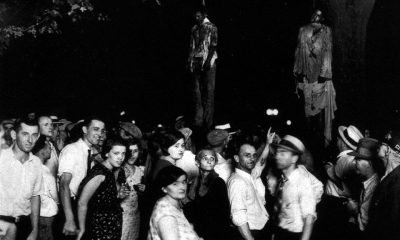
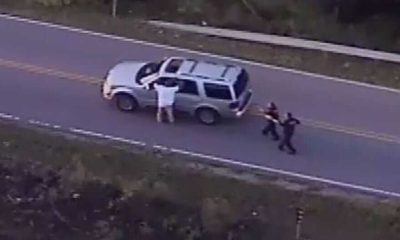
You must be logged in to post a comment Login